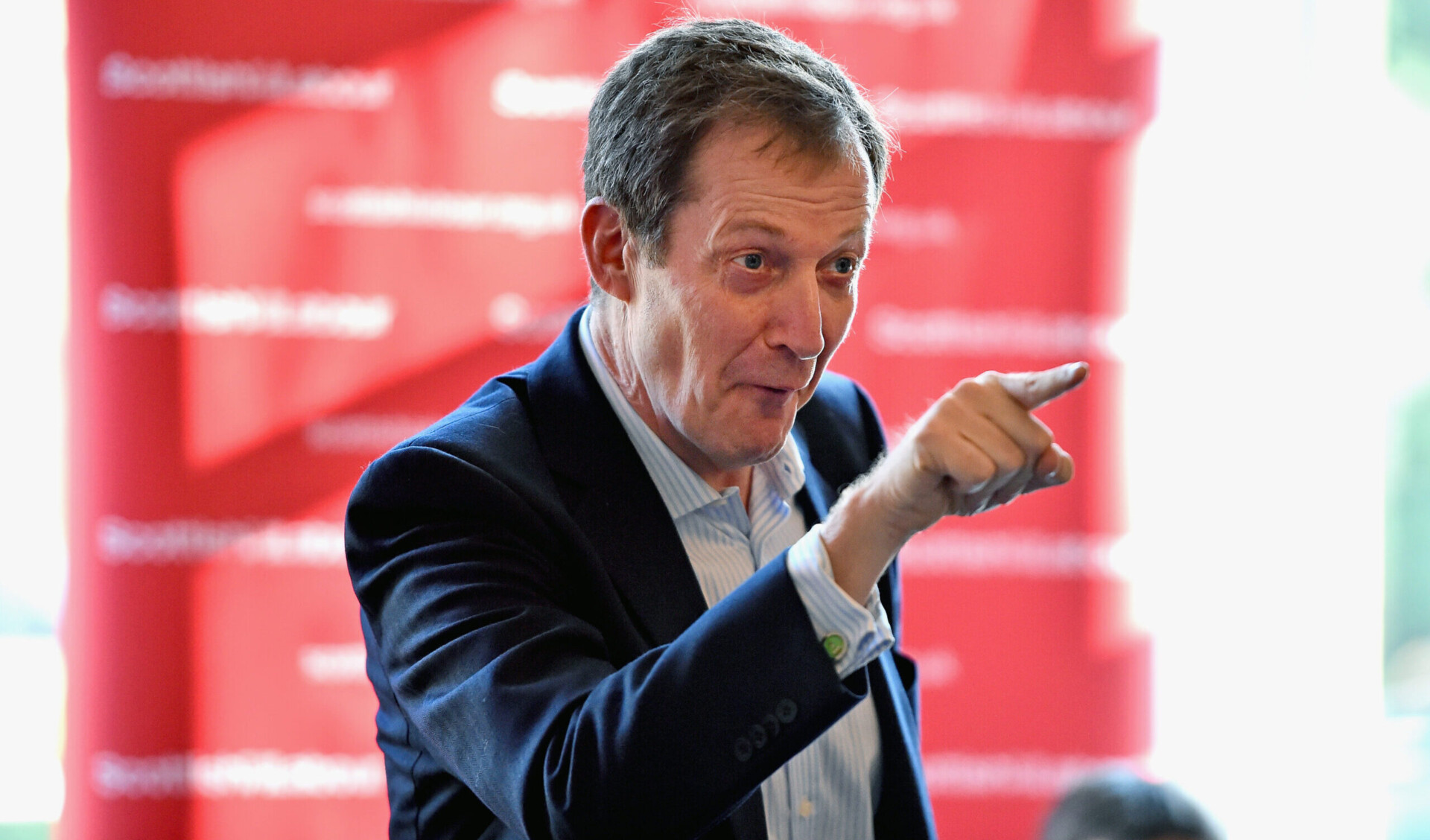According to Alastair Campbell, the trans debate could do with “a little less polarisation and a little more attempt at understanding”. This vital insight was shared shortly after a clip from his podcast, The Rest is Politics, saw Campbell admitting to fellow host Rory Stewart that he underestimated the degree to which US voters would be swayed by anti-woke advertising: “Trump talking about kids going in as boys in the morning and coming back as girls in the afternoon, the dressing room stuff, all that.”
God, not the dressing room stuff! Women’s privacy — or children’s safety — is all such a lark until some underhand anti-wokeist decides to use it against you.
Perhaps unsurprisingly, Campbell’s attitude was a source of irritation to those of us who do not think the only problem with male people in female spaces is that Donald Trump might make a big deal out of it. Those who challenged his sexism included J.K. Rowling, to whom Campbell responded with his sage advice on what “the debate could do with”. That’s all well and good, but then there’s the rest of us, scrapping it out, getting into trouble with our vulgar, inconvenient opinions. After all, we could be floating above it all, dropping in the odd “be kind” or “this is a very complex issue” or maybe even “there’s toxicity on both sides ”. The Society of Authors has even gone so far as to tweet, more than once, “play nicely” to its members — which is easier, I guess, than defending authors who have been naive enough to express an unfashionable belief.
As anyone who has been on the receiving end of these kinds of injunctions will know, they rarely have anything to do with how carefully you are expressing yourself. When Rowling wrote her “infamous” 2020 essay on sex and gender, it was a model of compassion, one in which the author had made far more than a mere “attempt at understanding”.
There was a brief period, just after it was published, when all the progressive, voice-of-reason types were trying to decide whether it was okay to tentatively approve of it, or at least not openly denounce it. Then came the deluge — the graphic threats and utterly unhinged accusations from trans activists — and at once it was necessary to create a crime to fit the punishment. Campbell would do well to read that essay, read the responses and then ask himself: what more could that woman have done?
The problem isn’t just that the “be kind” proponents ignore all the work that has already been done. It is, as Jenny Lindsay’s book Hounded shows, even more distressing to see those who position themselves as speakers of truth to power behave as though you are an idiot for having believed in truth-telling at all. Why couldn’t you be more like the women of the now-defunct Women’s Equality Party, who claim to have “held a members’ assembly to try to shed light and diminish heat in the fight between trans inclusive and gender critical feminism that is weakening the women’s movement to the delight of regressive populists”? (This is a very long way of saying “asked people to play nicely”.)
The trouble is that what these people are doing isn’t politics. It’s the avoidance of politics: a smug avoidance that poses as a virtue. Others — dismissed as one blurry mob — can shed as much light as they like, but it seems some people will always choose to sit in the dark.











Join the discussion
Join like minded readers that support our journalism by becoming a paid subscriber
To join the discussion in the comments, become a paid subscriber.
Join like minded readers that support our journalism, read unlimited articles and enjoy other subscriber-only benefits.
Subscribe